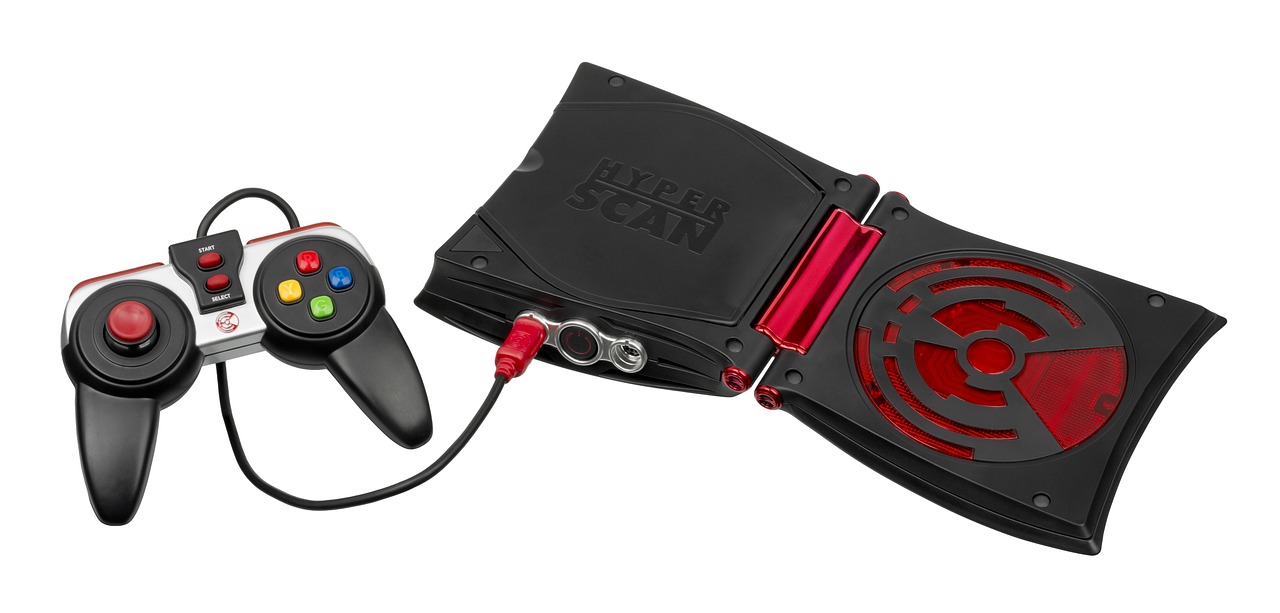Title: Can PLC Controller Transistors Replace Relays?
PLC controller transistors are becoming increasingly popular in industrial automation, offering significant advantages over traditional relays. PLC controllers, which stand for Programmable Logic Controllers, are devices that can be programmed to perform a variety of tasks, including logic operations, timing functions, and input/output control. In the past, relays were commonly used in PLC systems to control and switch signals, but now, transistors are being used as an alternative to relays.One of the main advantages of PLC controller transistors is their increased speed and efficiency. Transistors are able to switch signals much faster than relays, providing a more responsive system. Additionally, transistors also have a longer lifespan and are more reliable than relays, reducing the need for maintenance and replacement.Another advantage of PLC controller transistors is their smaller size and lighter weight. Transistors are much smaller and lighter than relays, making them easier to install and integrate into industrial systems. This also helps to reduce the overall cost of the system, as transistors are generally less expensive than relays.However, it is important to note that PLC controller transistors are not always suitable for all applications. The specific needs of each industrial system should be carefully considered when deciding whether to use transistors or relays. Overall, PLC controller transistors provide a viable and cost-effective alternative to relays in many industrial automation applications.
PLC (Programmable Logic Controller) controllers are widely used in industrial automation systems, and their transistors play a crucial role in the controller's functionality. Transistors are used to amplify, switch, and control electric current, and in PLC controllers, they are responsible for executing logic functions, controlling inputs and outputs, and communicating with other devices in the system.

Relays, on the other hand, are also used in industrial automation systems to control and amplify electric current. They are typically used to switch large loads or to provide isolation between circuits. In PLC controllers, relays are often used to provide additional switching capacity or to interface with devices that require a higher current level than the PLC can provide directly.
So, can PLC controller transistors replace relays? The answer is both yes and no. On one hand, transistors and relays both have their own unique applications and advantages in industrial automation systems. Transistors are typically smaller, faster, and more efficient than relays, and they can provide a higher level of control and precision. However, relays have their own advantages as well, such as their ability to handle large loads and provide isolation between circuits.
Furthermore, the decision to replace relays with transistors in PLC controllers also depends on the specific requirements of the system. If a system does not require the additional switching capacity or isolation provided by relays, then there may be no need to replace them with transistors. However, if a system does require these features, then using transistors may be beneficial.
In conclusion, while PLC controller transistors can replace relays in some cases, it is important to carefully evaluate the specific requirements of the system before making any decisions about which type of component to use. By weighing the advantages and disadvantages of each type of component and considering the overall performance and cost-effectiveness of the system, you can make a more informed decision about whether or not to replace your relays with transistors in PLC controllers.
Articles related to the knowledge points of this article:
PLC Module Controller: The Heart of Industrial Automation
Juki PLC Controller: A Comprehensive Guide
PLC Controller Prices: A Comprehensive Guide
The Cost of PLC Controllers in Xuancheng